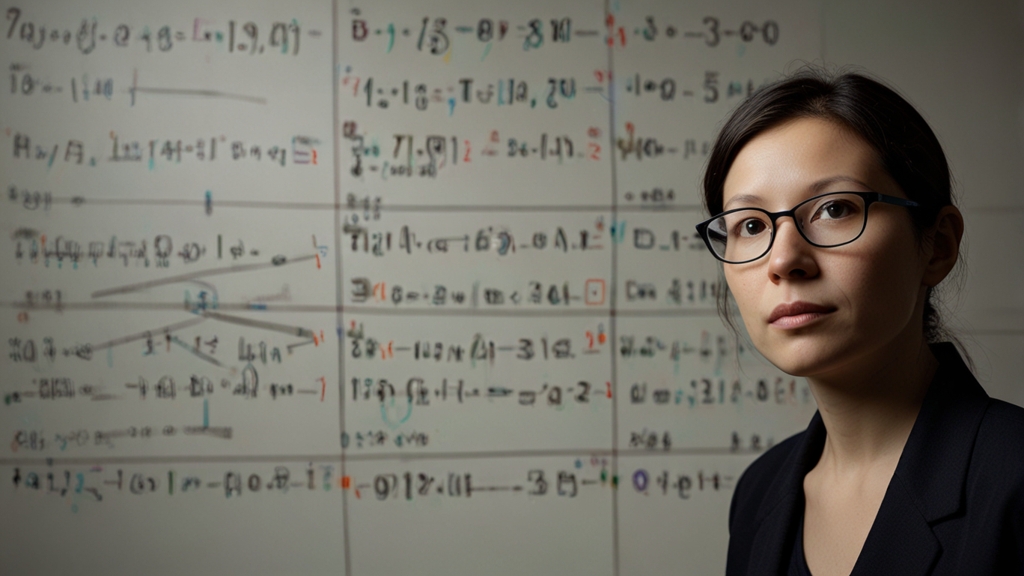Gender, Race, and Philosophy: Transforming Perspectives
Philosophy has long been a field dominated by certain perspectives, often to the exclusion of others. However, recent decades have witnessed a transformative wave where the intersections of gender and race are increasingly recognized as integral to philosophical inquiry. The contributions of scholars who specialize in feminist philosophy and critical race theory are reshaping traditional paradigms and expanding the horizons of philosophical thought.
The Historical Context
Historically, the voices that have shaped philosophical discourse were largely those of white, Western men. Figures like Plato, Aristotle, Kant, and Descartes laid foundational principles that have been deeply influential, yet they often overlooked or outright silenced the perspectives of women and people of color. This absence of diverse perspectives perpetuated a monolithic view of human experience and knowledge.
In recent years, there has been a growing acknowledgment of these narratives' limitations. Philosophers such as Judith Butler, bell hooks, and Cornel West have questioned dominant paradigms and introduced nuanced understandings that incorporate diverse experiences. This shift not only enriches philosophical discourse but also makes it more representative of the complexity of human life.
"The master’s tools will never dismantle the master’s house." – Audre Lorde
Feminist Philosophy
Feminist philosophy critiques traditional philosophical concepts and methodologies through the lens of gender. It challenges the patriarchal underpinnings of many philosophical doctrines and proposes alternative frameworks. For instance, Simone de Beauvoir's seminal work, The Second Sex, redefined existentialism by incorporating women's experiences, thereby exposing the gender biases in previously accepted existentialist thought.
Feminist epistemology examines how gender influences our understanding of knowledge, science, and truth. Scholars like Sandra Harding and Lorraine Code argue that knowledge is socially situated and that the marginalization of women's perspectives has significant epistemic consequences. This approach strives to produce more inclusive and comprehensive epistemological frameworks.
Critical Race Theory
Critical race theory (CRT) originated in legal studies but has profound philosophical implications. It challenges the notion that race is a natural, unchangeable category and instead emphasizes its social construction. Key thinkers like Kimberlé Crenshaw and Derrick Bell have highlighted how legal systems and social structures perpetuate racial inequalities.
CRT introduces the concept of intersectionality, which considers how various forms of discrimination—such as those based on race, gender, and class—interact and compound each other. This intersectional approach reveals a more intricate and accurate picture of social realities and challenges the oversimplified analyses that often prevail in traditional philosophical discussions.
"If you are neutral in situations of injustice, you have chosen the side of the oppressor." – Desmond Tutu
Intersectionality and Dialogical Philosophy
One of the most significant contributions from the integration of gender and race in philosophy is the concept of intersectionality. Coined by Kimberlé Crenshaw, intersectionality explores how various axes of identity coexist and contribute to unique experiences of oppression and privilege.
This framework has informed what might be termed "dialogical philosophy," which prioritizes dialogue among diverse voices and experiences. Rather than imposing a singular, authoritative perspective, dialogical philosophy seeks to foster understanding through the exchange of different viewpoints. This approach aligns closely with the works of scholars like Maria Lugones and Gloria Anzaldúa, who emphasize border thinking and the plurality of identities.
Future Directions
The inclusion of gender and race in philosophical discourse is not merely a corrective measure; it is a transformative shift that broadens the scope and depth of philosophical inquiry. By recognizing the contributions of diverse philosophers and engaging with varied perspectives, the field becomes more vibrant and relevant.
Future directions for philosophy will likely continue to embrace this pluralism, fostering intersections with other critical theories such as queer theory, disability studies, and post-colonialism. These intersections promise richer, more comprehensive understandings of human existence and knowledge.
In conclusion, the integration of gender and race into philosophical discourse is reshaping the field in profound ways. This transformation not only challenges historical biases but also paves the way for more inclusive and representative philosophical endeavors. As philosophy continues to evolve, the voices that were once marginalized are now at the forefront of driving critical discussions and innovations.
"Injustice anywhere is a threat to justice everywhere." – Martin Luther King Jr.











